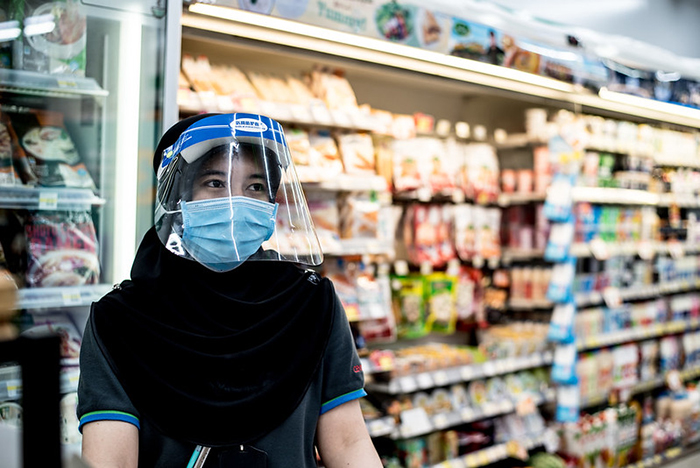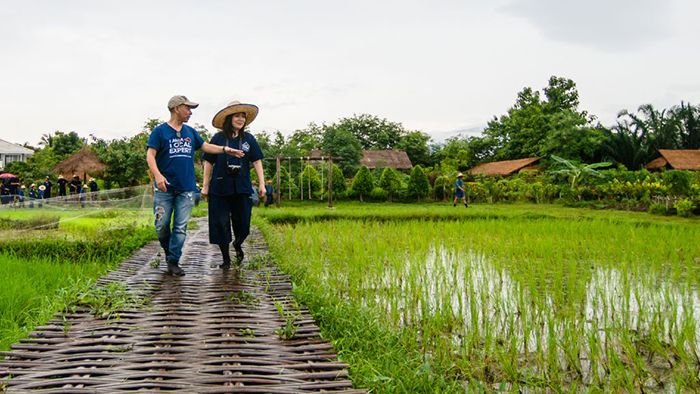Top row, left to right: Dr. Danucha Pichayanan, Deputy Secretary General, Office of the National Economic and Social Development Council (Thailand); Mr. Liu Weihua, Deputy Director General, Department of International Economic and Financial Cooperation, Ministry of Finance (PRC); Mr. Alfredo Perdiguero, Director, SERC, ADB. Middle row: Mr. Than Aung Kyaw, Director General, FERD, Ministry of Investment and Foreign Economic Relations (Myanmar). Bottom row, left to right: Ms. Sisomboun Ounavong, Director General, Department of International Cooperation, Ministry of Planning and Investment (Lao PDR); Dr. Pham Hoang Mai, Director General, Foreign Economic Relations Department, Ministry of Planning and Investment (Viet Nam); and H.E. Mr. Ros Seilava, Secretary of State, Ministry of Economy and Finance (Cambodia)






